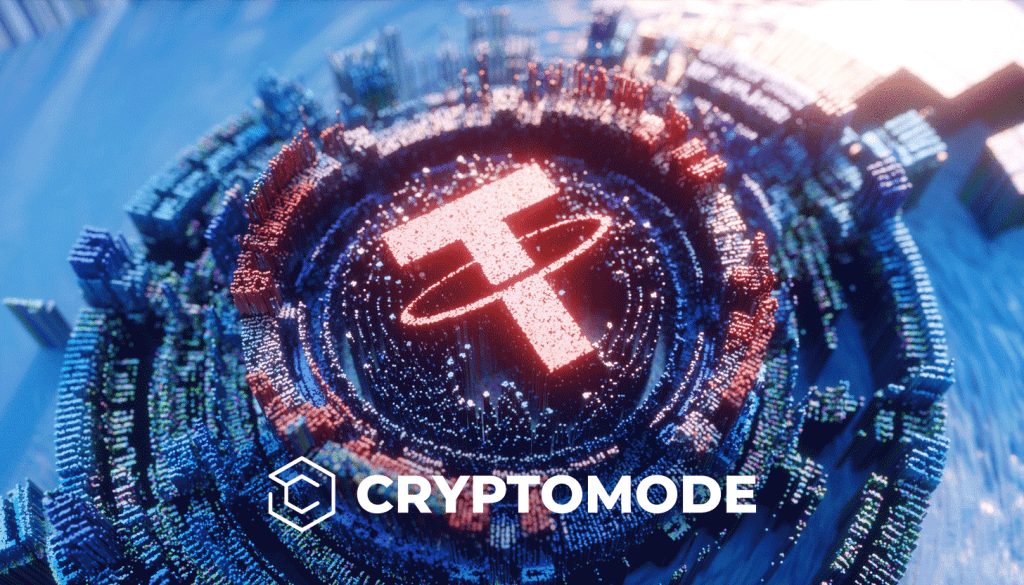Tether is weighing a crucial entry into the U.S. domestic stablecoin market as CEO Paolo Ardoino signals openness to launching a U.S.-compliant token—pending legislative clarity. The world’s largest stablecoin issuer is looking to pivot its strategy just as Washington ramps up regulatory efforts and institutional support for dollar-backed digital assets intensifies.
Speaking on the On the Brink podcast, Ardoino said Tether is “open” to creating a domestic stablecoin but emphasized it would require a distinct operating model tailored to U.S. regulations. “We’re watching the bill,” Ardoino said, referring to proposed legislation under discussion in Congress.
It’s a market we’ve never played in, and we’d need to understand how to fit in.
This potential expansion comes as Tether attempts to repair its image and align more closely with U.S. policymakers. While USDT still commands over 60% of the $230 billion stablecoin market, regulatory headwinds have pushed Tether to rethink its global footprint.
-

- Tether’s Total Market Cap. Source: DefiLlama.
In the European Union, exchanges delisted USDT in 2024 due to MiCA compliance issues. In the U.S., a $42.5 million CFTC fine in 2021 cast a long shadow—one Ardoino is eager to move beyond.
Regulatory Moves From Tether
Tether has begun working more closely with federal agencies, including the DOJ and Treasury, and recently assisted in freezing $9 million connected to a record-breaking crypto hack. The firm is also reportedly in talks with a Big Four auditing firm to conduct a long-awaited audit of its reserves. Ardoino confirmed that both its global and any future U.S. stablecoins would undergo a full audit, calling transparency “top of our priority list.”
The regulatory momentum is unmistakable. President Donald Trump has repeatedly voiced support for stablecoins, framing them as tools to extend U.S. dollar dominance. His administration backs the GENIUS Act, now advancing through the Senate, which seeks to establish a federal framework for dollar-backed stablecoins with 1:1 backing requirements and AML safeguards.
The company recently became the seventh-largest holder of US Treasury bonds, as CryptoMode reported.



